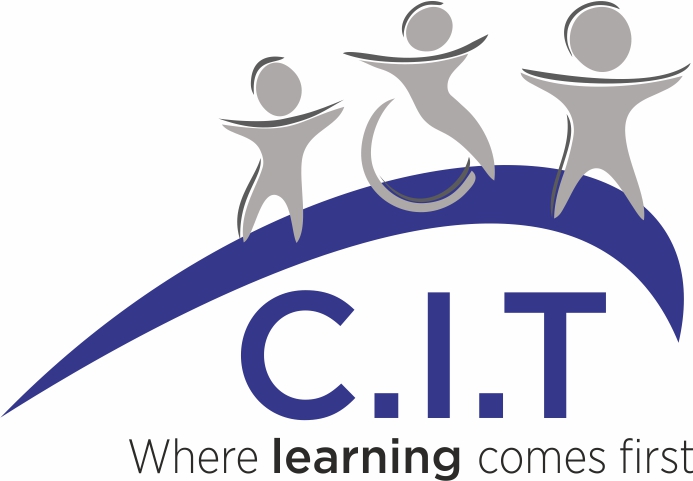Summary of Available Exam Access Arrangements
The Joint Council for Qualifications (JCQ) oversee the regulation of exam access arrangements and publish updated regulatory guidance every year. It cannot, therefore, be assumed that regulations will be identical from one year to the next. The guidance is a public document, and the latest copy can be found on the JCQ website.
| Access Arrangement |
Details |
| 25% Extra Time |
- Up to 25% more of the allocated time for that exam is made available to candidates who meet the criteria (physical/visual need or processing difficulty are most common reasons for this adjustment)
- Time is usually “rounded up” to the nearest whole minute
- Candidates are seated in the same row as other candidates with extra time to minimise disruption when other candidates leave after their exam has ended
- Candidates are not obliged to use this time but are STRONGLY ADVISED to do so
- Specific guidance about how best to use extra time is available in this section of the website
|
| Coloured Overlays Adjusted Exam Papers |
- Students are provided with coloured overlays to support visual stress
- Papers may be copied in the preferred colour of the candidate
- Answer paper/ booklets may be available in the preferred colour
- Can be used in conjunction with extra time if student qualifies for extra time
|
| Modified Exam Papers |
- Layout and text are enhanced for candidates with a visual impairment
- Diagrams/drawings and accompanying text simplified
- Text enlarged and line spacing may also be modified
- Candidates could still use non-electronic magnifying visual enhancers they normally use in lessons
- Candidates will usually also qualify for extra time
|
| Use of a laptop for exams with extended writing |
- Candidates are able to use an exam laptop (no internet access and limited applications available; no spelling or grammar check) for exams where extended writing/essay type questions are required
- Scripts are saved to a memory stick and printed off at end of exam
- Candidates have used a laptop as their normal way of working in lessons, internal exams and assessments
- It is agreed with candidates which exams they will use the laptop for
- Candidates using a laptop as their normal way of working due to a physical need do not usually qualify for extra time as well.
- Candidates sustaining an injury which incapacitates their writing arm/hand during the examination sessions will be offered the use of a laptop as the first response
|
| Rest Breaks |
- Rest breaks can be awarded to candidates who have medical conditions that may place them at a significant disadvantage if they were not able to take a rest break e.g. ME or a physical impairment that affects their ability to write for extended periods or management of medical conditions like diabetes
- Exam time is halted and the exam paper is turned over; candidate takes rest break in the exam hall. When they restart the exam the exam time is restarted.
- Rest breaks are agreed with the SENCO in advance of the examination session.
- Candidates who qualify for rest breaks do not typically get extra time as well.
|
| Use of a writing slope and/or line guide |
- May be used to improve the quality of handwriting where legibility could be a concern
- Slope and guides provided by school and remain in exam hall
|
| Scribe |
- May be awarded in an emergency where candidate has become incapacitated due to injury to their writing arm/hand and is unable to use a laptop
- Candidates dictate their answers including spelling and punctuation to an adult who writes the answer on their behalf
- Extra time may be applicable due to using a third party to write answers
|
| Colour Namer |
- Awarded to students who have a diagnosis of colour-blindness for exams where distinguishing different colours is needed for the successful completion of a task
|
| Digital Pen Reader |
- Allows students to scan text with pen and then listen to a digital read out of the scanned text. As the voice is digital and without any inflection it can be used in exams where comprehension is tested
|
| Reader |
- A designated adult to read text where a digital pen reader might not be an appropriate adjustment
- Human readers cannot be used in papers testing comprehension
|
| Assistive Technology |
- May be required to support sensory impairment
- Voice-activated word-processing
|
| Smaller Venue |
- Where there is medical evidence to support the need for a smaller exam venue e,g, significant anxiety beyond that deemed to be a normal part of the exam experience
|
| Separate Venue |
- Where the identified need or adjustment would cause disruption to other students e.g. vocal tics
|
Students may not need to use an access arrangement for every exam they sit. However, they need to be aware that should they choose not to use an access arrangement in all of their exams that they run the risk of it being withdrawn as the SENCO must confirm in the application that this is their “normal way of working”.
Students are strongly advised to read the use of extra time guidance to ensure that they are fully ware of how this adjustment might be beneficial to them.



